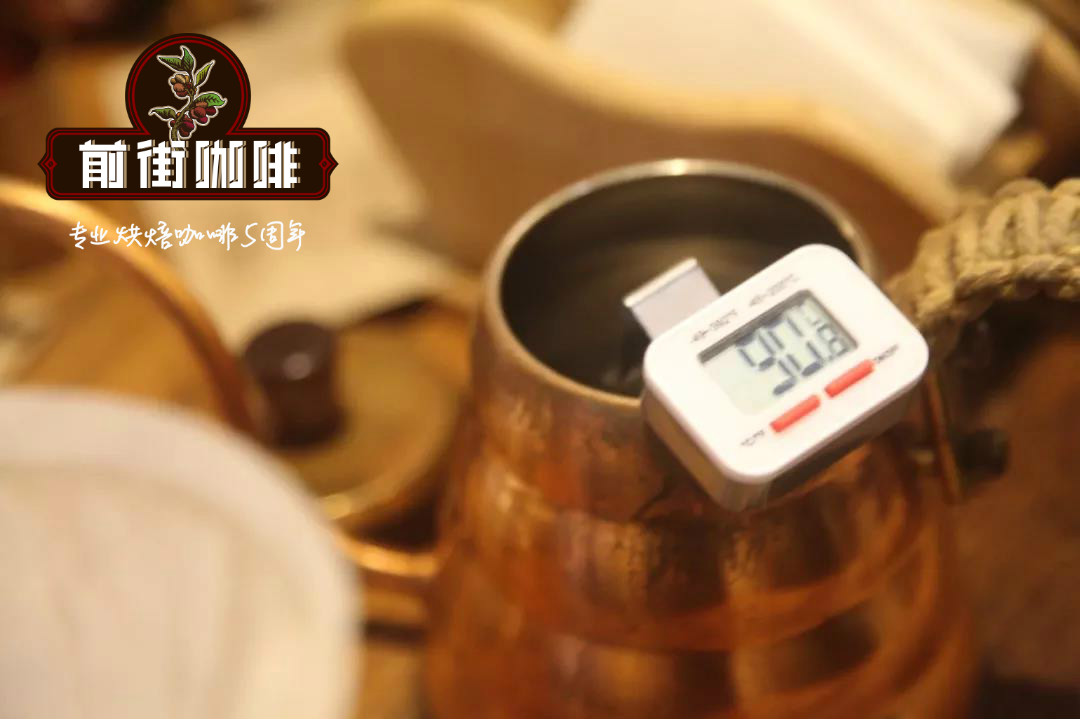Yemeni Coffee History: the first country to mass-produce coffee as a crop

Professional coffee knowledge exchange more coffee bean information please follow the coffee workshop (Wechat official account cafe_style)
Although the wave of fine goods is the revival of "technology replacing machinery", the market is still inseparable from what dominates supply and demand. Operators will express different styles of coffee in different ways, and farmers will also develop special treatments in response to market trends. But there is one country that has produced coffee in the most primitive way since the sixth century, and that is Yemen.
| | Yemen |
Yemen is located in West Asia, only one step away from the African continent. Without the promotion of Islamic priests in the Arabian Peninsula, coffee might still be a wild plant in Ethiopia. Legend has it that coffee was introduced when it was ruled by Ethiopia in the sixth century and was named Qahwa, which means red wine in Arabic. The post-Ottoman Empire invaded in 1536 and controlled the coffee trade. In order to protect export earnings, the authorities strictly prohibit the export of raw beans, and the seeds must be boiled in boiling water before leaving the country.
Yemen was the original source of commercial coffee, brought to Europe by Muslim businessmen or their trading partners. It is also the origin of most coffee varieties in the world today. Bourbon and Typica are from Yemen. In a sense, Yemen is more persuasive as the birthplace of coffee than Ethiopia, because the recorded history of Yemeni coffee dates back 1,200 years.
Yemen, which retained its way of life thousands of years ago, is said to be out of reach of the central government in many places. Ethiopia, across the sea from Yemen, also sells coffee through the port of Mocha, so Ethiopian sun-treated coffee is often referred to as mocha (such as Harald ETHIOPIA Harra Mokka, Ethiopia). Yemeni mocha is the originator of the world coffee trade. It plays an important role in promoting delicious coffee to Yemen all over the world. It is called "Arabica Coffee (Arabia)", which is the origin of the name "Arabica Origin".
It is said that the place where Europeans imported coffee for the first time in the 17th century and spread to the world was the world's largest coffee port, the port of Mocha.
Compared with its previous reputation, the "port of Mocha" has failed to prosper and has become a historic port with only white beaches.
Even so, it is still in the name of coffee, "rising all over the world".
Although Ethiopia was the first country in the world to discover coffee, the first country in the world to mass-produce coffee as a crop was Yemen. At the beginning of the 17th century, the first Yemeni coffee was exported to Europe through the ancient small port of Mocha, which surprised Europeans, because all exported coffee sacks had to be marked with MOCHA to prove that they were transported from Mocha. So Europeans call the delicious coffee shipped from the port of Mocha "mocha coffee", which is why mocha became synonymous with coffee in the early days.
In the 19th century, Mokha coffee was still a rare and expensive coffee. In the era of maritime trade (great navigation), these coffees aged for a long time during shipping, affecting consumers' tastes-the bright acidity of the coffee is not appreciated and is not considered a fresh taste. A similar example is Java Coffee-raw coffee beans from Indonesia arrive in the United States after a long sea voyage and their color changes from green to wooden yellow. Therefore, in this sense, the criteria for measuring traditional Yemeni coffee are different from those of the modern coffee industry.
Related recommendation: description of Yemeni coffee flavor and taste characteristics is Yemeni mocha coffee good?
Important Notice :
前街咖啡 FrontStreet Coffee has moved to new addredd:
FrontStreet Coffee Address: 315,Donghua East Road,GuangZhou
Tel:020 38364473
- Prev

The Coffee Culture in Hawaii what is the Kona Coffee Culture Festival in Hawaii? what is the coffee festival?
For more information on coffee beans, please pay attention to the coffee workshop (Wechat official account cafe_style) Hawaii is the only coffee producing area located in developed countries. Although the elevation here is not high, the quality of the coffee produced here is not low due to the special island climate. Coffee was the first Spanish consultant during the time of King Kamehameha.
- Next

Yemeni Coffee Bean Story Yemen Coffee Bean Trade introduction what is the tradition of Yemeni coffee
Professional coffee knowledge exchange more coffee bean information please pay attention to the coffee workshop (Wechat official account cafe_style) the coffee trade in Yemen is more complicated. Exporters do not buy directly from farmers, but through a network of middlemen. Local buyers store sun-dried coffee berries (dried cherry) in underground caves (caverns). Most of the coffee actually exported
Related
- How did the Salvadoran coffee industry develop in Central America?
- What exactly does the golden cup extraction of coffee mean?
- The Origin of Coffee flower
- [2023 Starbucks World Earth Day] there are more meaningful things besides free Starbucks coffee!
- What kind of coffee is there in Spain? 9 Flavors of Spanish Coffee
- Aromatic African coffee| Kenya's coffee culture and historical production area
- Liberica Coffee Bean knowledge: the characteristics of Liberian Coffee beans of the three original species of Coffee beans
- The origin and formula of Spanish latte introduces the taste characteristics of Bombon coffee in Valencia, Spain.
- How to adjust the solution of over-extracted coffee
- What is the tasting period of coffee beans? What is the period of coffee and beans? How should coffee wake up and raise beans?

